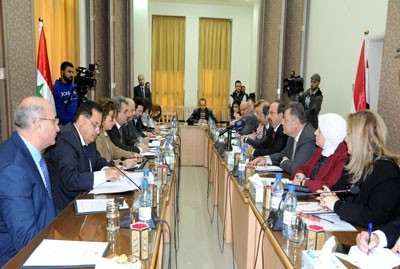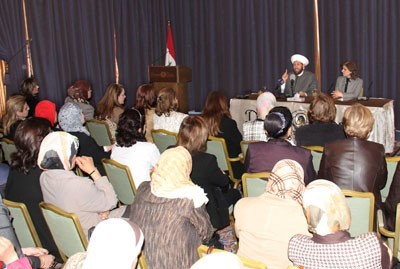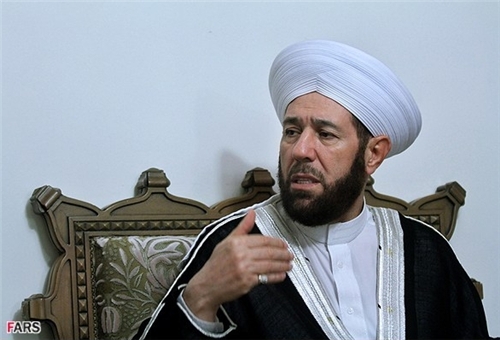Health Minister: New medicinal factories given license, local coverage up to 85%

 Minister of Health Saad al-Nayef assured Sunday that medicine factories have started to gradually get back into service, with the percent of medicinal coverage for local market amounting to 85.
Minister of Health Saad al-Nayef assured Sunday that medicine factories have started to gradually get back into service, with the percent of medicinal coverage for local market amounting to 85.
Al-Nayef was speaking during a meeting with the ministers of Presidential Affairs, Higher Education and Economy and Foreign Trade to discuss means to set up new mechanisms to control the process of qualitative medicines import in a way to head towards importing from friendly countries.
Discussions focused on the need to rationalize consumption of qualitative medicines which cost the state huge amounts of money, stressing the importance to find solutions to the difficulties related to medicine import, which caused some bottlenecks in the provision of qualitative drugs.
Minister al-Nayef made it clear that these difficulties are caused by the unfair economic blockade imposed on Syria and the absence of previous experiences to import medicines from friendly countries.
He pointed out that currently there are 16 factories out of service and 100 missing types of medicine, some of which have been recently made available in health centers after being imported from friendly states.
He however revealed that the Ministry has given initial approvals to 243 drug factories spread across the Syrian provinces, adding that some of these factories have already started actual implementation.
Eleven factories have already got license to provide qualitative medicines, which will be limited to wrapping in 2014 and move to manufacturing stage next year, the Minister said.
He confirmed that 11 % of qualitative medicines needed by the Ministry are locally available, while 38 % were imported from Iran, 26.5 % from Russia and Belarus, 7 % from India and 11 % from European states and the US.
Al-Nayef suggested that priority be given to locally-made medicines in terms of not importing any medicines similar to these, and then to importing medicines from Iran within the line of credit and registered medicines in friendly countries like India and Russia.
Medicines registered in Western countries can be imported in case they were not registered in friendly countries, the Minister noted.
National medicinal industries in Syria reached advanced levels before the crisis broke out in the country. There were 72 factories operating 25,000 workers and producing around 8,000 types of medicine that covered 93 % of local market needs. Medicines were exported to 57 countries, while the imports were only 7 %.




